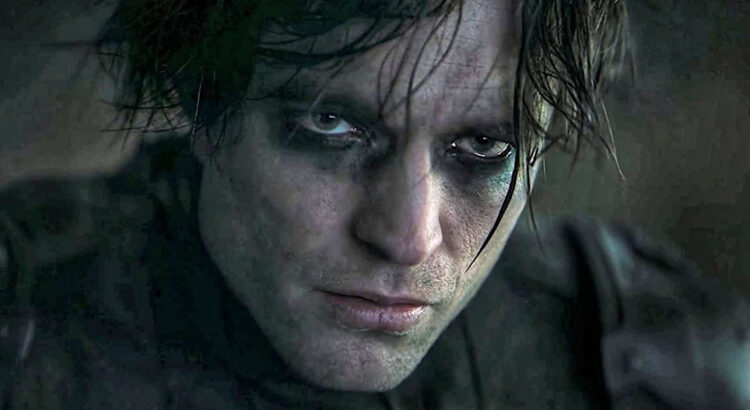The Batman, 2022 / Spoiler Alert!
If we look at the evolution of superhero movies decades later, I think it will be a pretty interesting anthropology resource. All superheroes symbolize justice but the social norm of justice changes over time. This happened in the new batman as well.
New society, new villains. The villains in this movie do not work on personal, fictional motivation like pride or psycopathy. Instead, in this movie, they are the ones who were harmed systematically. The villain is not lone genius anymore – they are people who urge others to turn to violence with them to break down the society, and the most vicious crisis was aroused when they worked as a group. This resembles the spread of hatred on the internet and violent crimes happening in consequence of those messages. The metaphor to the modern society was quite clear – the riddled even blatantly talked like a youtube or user of another Social Media platform, thanking the viewers for their support. I was almost expecting a ‘please like and subscribe…’.
The classic hero changed with the society to address the new messages aginst the evil as well. Bruce Wayne, if I remember correctly from prior films, was torn between his identity as a billionaire and the mysterious superhero and the dilemma of the personal judgment of justice was his main worry. For this new Batman, however, whether it’s known who’s under the bat-mask is not such an existential problem. This batman seems to be more careless about it (he got almost unmasked by a curious policeman after he was unconscious due to a bomb explosion) and the Riddler even says that who’s under the mask “does not matter”. If the former batman hides deeper inside himself to solve his doubts, this one comes out. The scene where batman leads the civilian out of the water with the red light and help carry wounded citizens clearly showed that this batman demonstrates a new notion of peace-not one that is magically achieved by a lone superhero, but one that is led by a superhero symbol but that can be achieved together. This batmans stands with the people, and that reminded me of the appeal in the society to unite together to fight the wrong. Batman with the mysteriousness reduced, interacting with the people was a new change. Almost like a friendly neighborhood… No, that’s another guy.
This movie is dark-literally. It had a lot of rain in the scenes and ones that minimal light is used. This led to many visually highly satisfying scenes-my favorite was the one where the screen was all dark and the movement of the characters was illuminated only with the fire from the end of the gun. Also, I saw the rain as more than the weather- with the final crisis being the flood, water could mean the danger to the city, and the rain could represent that the city was in danger. In all, highly recommend this movie. Go check it out!





